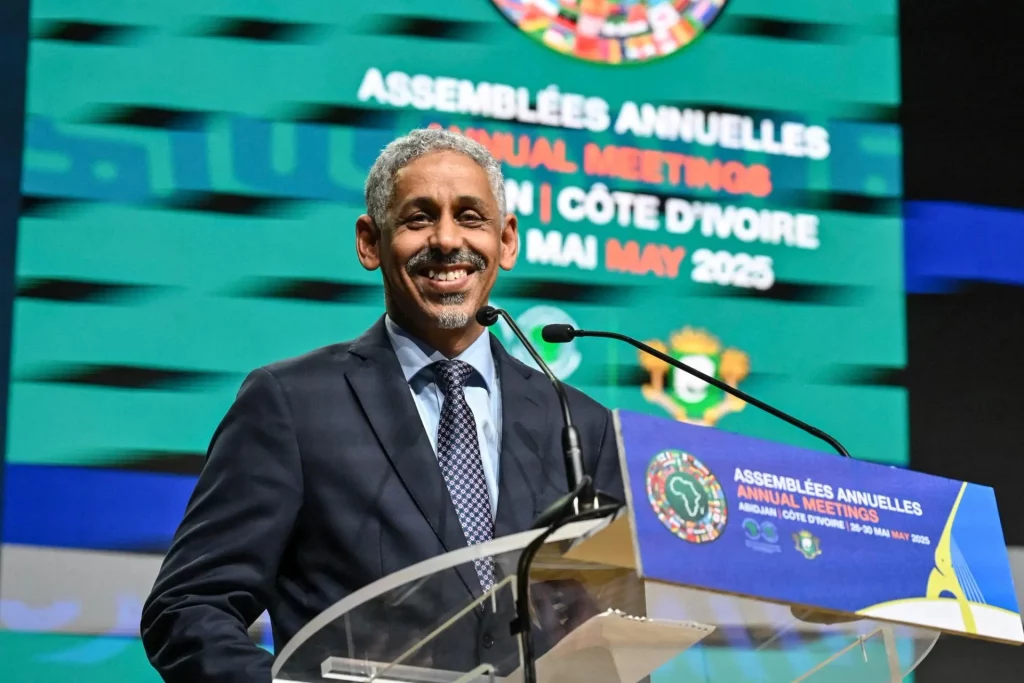Mauritanian Sidi Ould Tah elected President of Africa’s Development Bank

Former Mauritanian Finance Minister Sidi Ould Tah has been chosen on Thursday as the next President of the African Development Bank (AfDB), succeeding to Nigeria’s Akinwumi Adesina.
According to RFI on May 29th, the 60 years old economist was chosen to be the head of Africa’s largest development bank, after the AfDB governors – that includes finance ministers and central banks governors – chose him over his main competitor, Zambia’s Samuel Maimbo.
The later, a former Wold Bank employee stood out for his global experience and relied on an impressive campaign team. He campaigned on opening trade barriers on the continent, and on winning back America’s interest for the continent, with the objective of negotiating favourable tariffs with the Trump administration.
Ould Tan, in turn, has managed to garner a wide range of support from France to Mali, in his late bid to the position, in which he gathered 72% of the African votes. An experienced economist, his tenure as the head of the Arab Bank for Economic Development has been hailed for the institution’s results.
In the midst of a tariff war with the US, and the later’s decision to suspend $500 worth of aid to the AfDB, Ould Tah has argued financing could come from Gulf countries.
The Wolof, French, English and Arab-speaking polyglot has campaigned over four cardinal points: asserting Africa’s financial independence in global markets; leveraging demographic dynamics as a development tool; and building resilient infrastructures to climate change.
He will start his 5-years mandate on September 1st and has vowed to dedicate the first 100 days to consulting all the banks partners: civil society, States, companies and financial sectors.
He is calling for “a break break with the approaches of the past”, in a world where the “challenges and opportunities of Africa have taken a new dimension”.
The $318 billion-worth AfDB is owned by 54 African States and non-regional shareholders including the US, Japan and Saudi Arabia.
RFI
Want to chase the pulse of North Africa?
Subscribe to receive our FREE weekly PDF magazine













